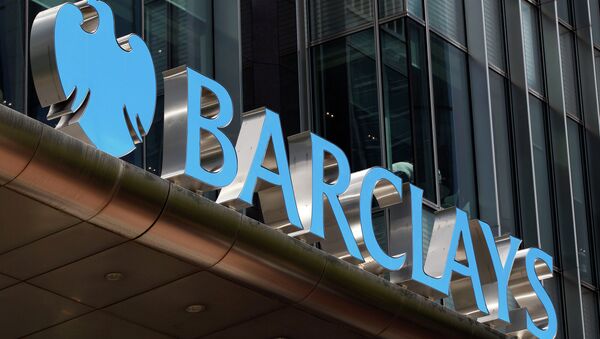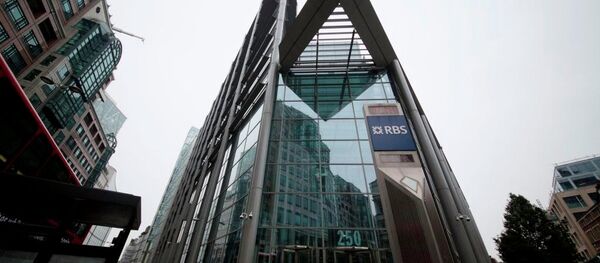With the help of special government funding, the Serious Fraud Office is examining if the euro interbank offered rate, x, was manipulated for individual trading benefit, the newspaper said. UK regulators are also investigating traders from other banks, the newspaper said, citing sources.
Barclays, which set aside 750 million pounds for fines arising from allegations of manipulation in currency markets, last week said it hopes to settle these investigations as soon as possible.
Bank traders face Euribor questioning: Former Barclays and Deutsche Bank employees to be interviewed under caution… http://t.co/Xq23veIf80
— James marnley (@JamesMarnley) March 9, 2015
Deutsche, for its part, is gearing up to pay almost 1 billion euros for fines related to the settlement of allegations related to the manipulation of LIBOR. The SFO followed dual strands of EURIBOR and dollar LIBOR for investigation, the newspaper said.
Barclays, UBS, Deutsche and a few other banks and brokerages were fined about $6 billion by US and European regulators last year for alleged LIBOR and EURIBOR rigging.
Barclays, Deutsche and the SFO could not be reached immediately for comment.
What are EURIBOR and LIBOR?
Interest rate derivatives — which are forward rate agreements, swaps, futures and options — are financial products used by banks or companies for managing the risk of interest rate fluctuations. They derive their value from the level of a benchmark interest rate, such as the London interbank offered rate (LIBOR) or the Euro Interbank Offered Rate (EURIBOR), for the euro.
The levels of these benchmark rates may affect either the cash flows that a bank receives from a counterparty, or the cash flow it needs to pay to the counterparty under interest rate derivatives contracts.



